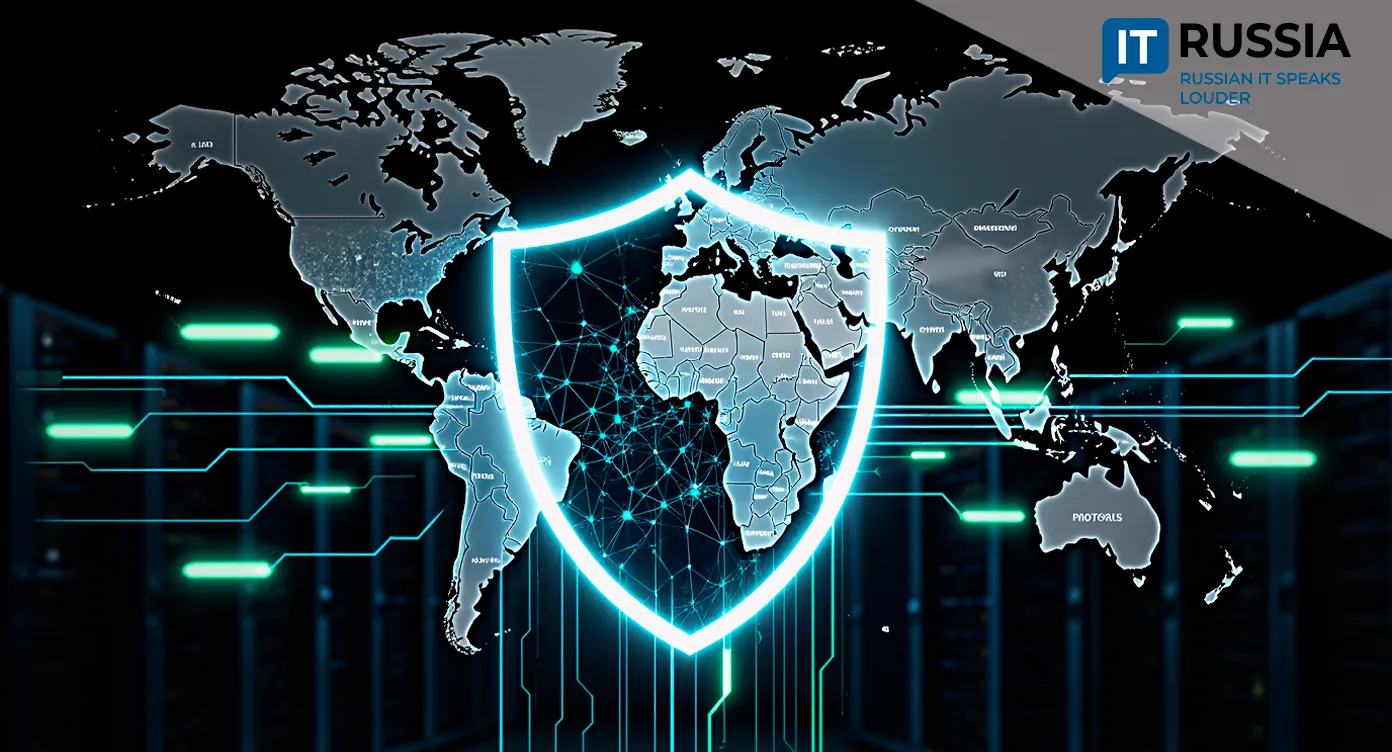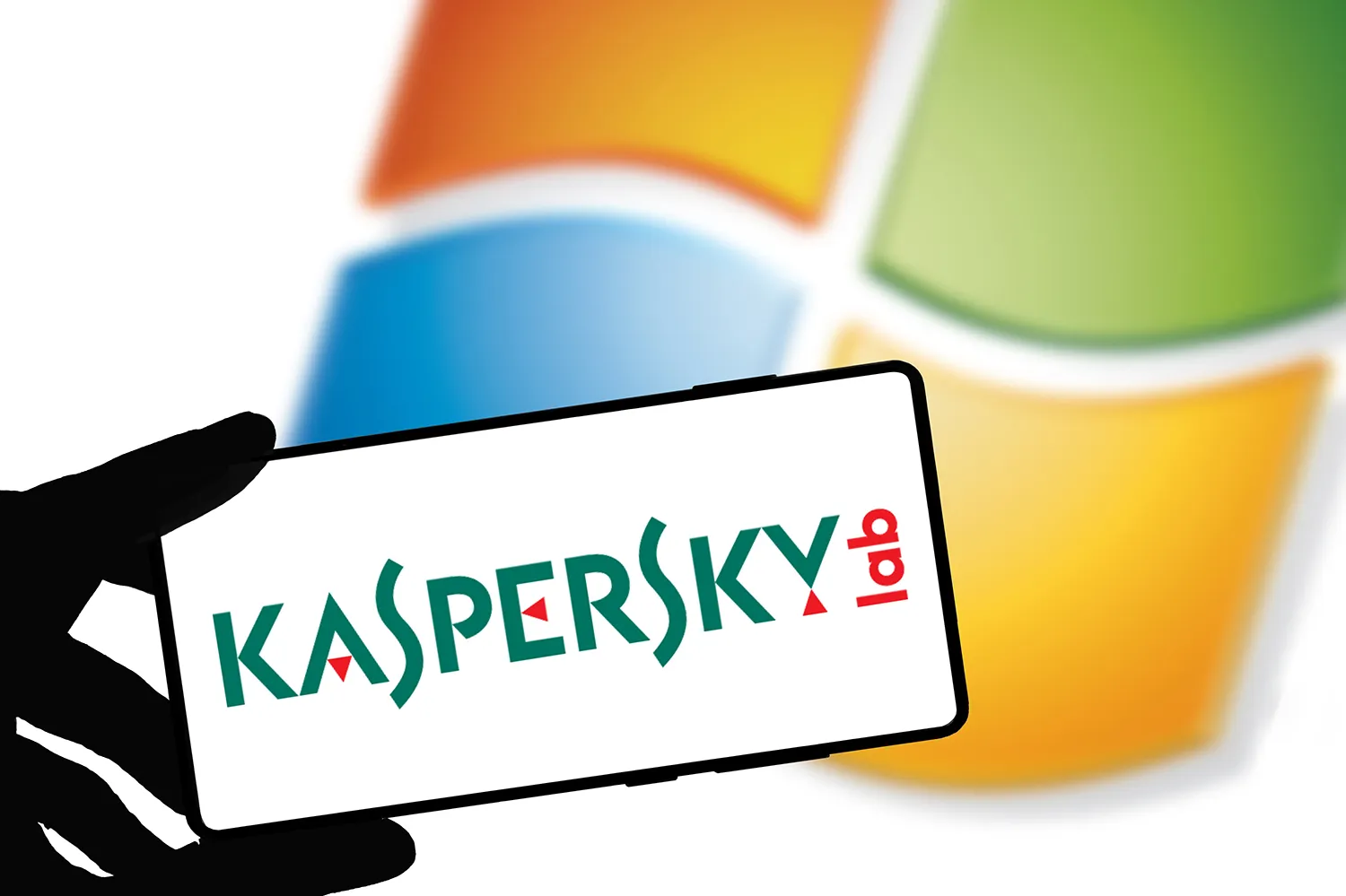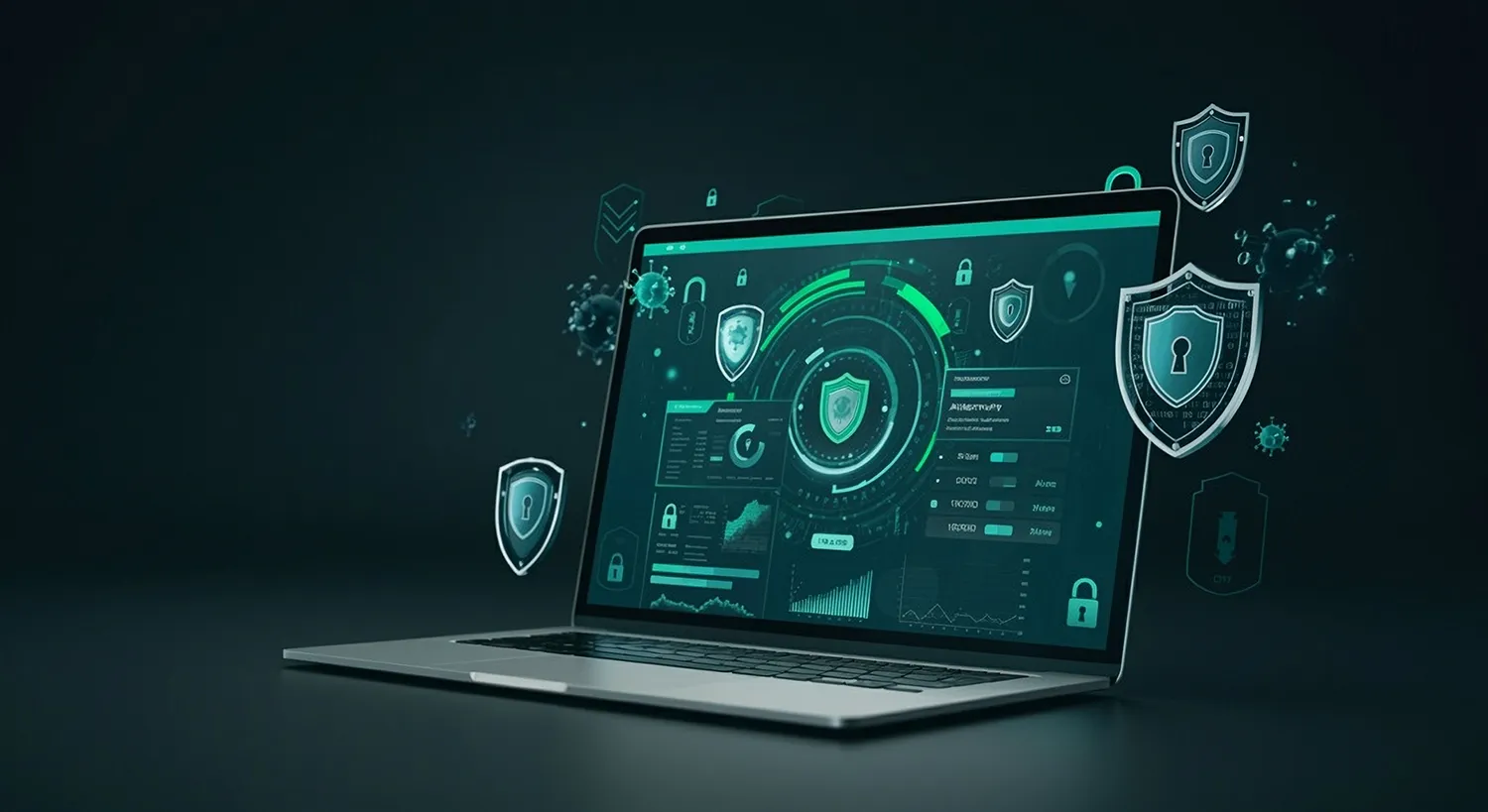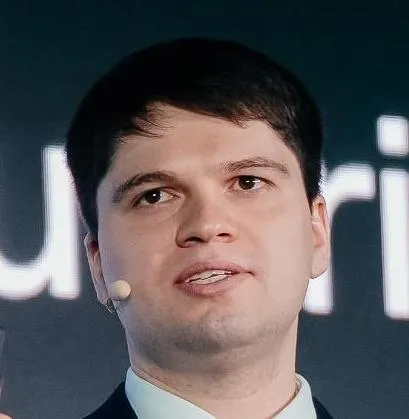Kaspersky NGFW: A New Layer of Protection for Russian Businesses

Kaspersky Lab has launched the commercial version of its next-generation firewall, Kaspersky NGFW, designed to defend large-scale corporate networks from advanced cyber threats with AI-driven technology at its core.
Relevance amid rising cyberattacks
The product is built for large infrastructures with more than 1,000 devices, covering government agencies, finance, healthcare, telecom, education, and retail. These networks often face complex architectures and heavy workloads. Kaspersky NGFW arrives at a critical time, addressing the rise of cyberattacks using tunneling technologies such as ngrok, Chisel, and gTunnel.
The firewall can detect and block such techniques, protecting organizations from covert threats. It is equipped with a proprietary intrusion detection and prevention system (IDPS) with a detection rate above 95% in testing. Integration with other Kaspersky security products and the use of Threat Intelligence ensure that defenses stay updated. Management is centralized through the Open Single Management Platform, which has been upgraded in the commercial release.

Strengthening Russia’s cybersecurity ecosystem
Kaspersky NGFW is included in the Ministry of Digital Development’s software registry and is undergoing certification by the Federal Service for Technical and Export Control (FSTEC) as well as registration with the Ministry of Industry and Trade. This boosts national cybersecurity and reduces reliance on foreign technologies.
The importance of such solutions is underscored by global statistics: in Q2 2024 alone, more than 664 million attacks were blocked worldwide and over 113 million malicious links were identified. Businesses benefit directly, gaining advanced protection against tunneling and other threats, seamless integration with Kaspersky’s Threat Intelligence, and simplified management via the unified platform.

Reducing reliance on Western solutions
While primarily aimed at the Russian market due to local certification, the firewall has clear export potential. In the near term, adoption is expected across the public sector, transportation, telecom, healthcare, and education—all highly sensitive to network threats. Future updates are set to deepen integration with Threat Intelligence and enhance clustering scenarios, improving resilience and system manageability.
Product evolution
Kaspersky introduced a beta version of NGFW back in 2024, targeting domestic organizations in need of robust network protection. Its key differentiators included proprietary security engines leveraging advanced technologies, a well-developed architecture, and enriched Threat Intelligence data. The firewall features deep packet inspection (DPI) capable of identifying more than 4,000 applications, while a stateful firewall with extensive rule sets ensures high-precision filtering.
From the outset, the system was designed for seamless integration with other Kaspersky solutions, with continuous updates from Threat Intelligence keeping defenses current. By mid-2025, the product had completed all necessary registry processes and was ready for commercial launch, marking its transition from testing to full deployment.

Export potential and government adoption
Kaspersky NGFW addresses multiple pressing challenges at once: import substitution, growing complexity of cyber threats, and the need for resilient security frameworks. With over 70% of global internet traffic now encrypted—and potentially hiding threats—the firewall provides critical visibility. Its strong detection capabilities and AI integration make it competitive with international counterparts.
Experts anticipate broad adoption in Russia’s public sector and large enterprises within a year. Future plans may include a cloud version, expanded analytics, and enhanced networking features. Longer term, Kaspersky sees opportunities in Africa, Asia, and Latin America, where certified security solutions are in high demand.










































